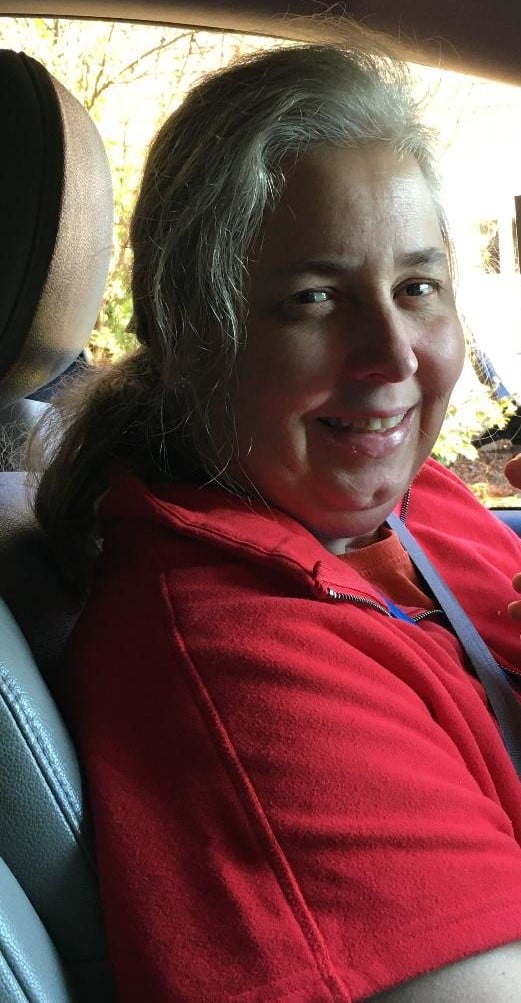 Everyone who has ever read the story or heard "The Good Samaritan" knows that our neighbor is everyone. We all know this implicitly from the fact that the man in the story gives to a stranger, without cost benefit analysis, without reservation and without knowledge of the character of the person he finds bruised and beaten on the road. We do not hear that the two men become friends or that they ever meet again or that the man who had been hurt now becomes a man of faith and service to others. We do not hear if the inn keeper is moved by the display of compassion and experiences reform in his own life as a result, nor do we hear if the Good Samaritan goes on to do other generous acts. We only know in that vignette, the Good Samaritan is acting as God would have us act towards each other, all the time, regardless of context or nuance or circumstances. We only know that this charity of spirit exhibited by the Good Samaritan, this generosity towards others illustrated by Jesus is what He considers most important.
Everyone who has ever read the story or heard "The Good Samaritan" knows that our neighbor is everyone. We all know this implicitly from the fact that the man in the story gives to a stranger, without cost benefit analysis, without reservation and without knowledge of the character of the person he finds bruised and beaten on the road. We do not hear that the two men become friends or that they ever meet again or that the man who had been hurt now becomes a man of faith and service to others. We do not hear if the inn keeper is moved by the display of compassion and experiences reform in his own life as a result, nor do we hear if the Good Samaritan goes on to do other generous acts. We only know in that vignette, the Good Samaritan is acting as God would have us act towards each other, all the time, regardless of context or nuance or circumstances. We only know that this charity of spirit exhibited by the Good Samaritan, this generosity towards others illustrated by Jesus is what He considers most important.
Our neighbor is everyone; we know this even as children, but like children, we find the application of that knowledge hard to manage. We find it hard to think that God requires we include our enemies both real and imagined. Our neighbor is the lady down the street who listens to news or political stuff we don’t like and the man standing outside the grocery store who seems fully able to work and instead asks everyone who passes for fifty cents and the people who make the news for their poor judgment, evil acts or self indulgence. Our neighbor is the elderly woman who sings badly and out of her range at church and the teens who play loud music late in the night. Our neighbor includes the kid who picks on our kid, the teacher we didn’t like in high school, every person who ever drove us nuts, made us work, made us do their work or made us miserable. Our neighbor includes the people struck by tragedy, both the just and the unjust; the sick and the well, the kind and the unkind. And God calls us all to love them all as ourselves.
Recently, I was online in a forum where there was a discussion about individuals who use radical Islam as a means to justify evil; suicide bombers. How do we love people who wish us actual harm? We must pray for them. It is the first best thing we can do. It is a terribly difficult thing to do when we can see on the television and read online how visceral in some cases, the violence done in the name of a religion out of misplaced zealotry can be. Surely God, you can’t mean them. Yes, God does. We must pray. It is not nothing to pray for one’s enemies, and it has an immeasurable effect; even though we may never know what that effect was.
To be Catholic, is to know two things for certain: 1) God does mean them, every single one of them, and 2) every one of us seeks to justify ourselves in our own seeking to limit the people to whom we would be willing to extend our love, we all seek to say, "But not these." at some point. By praying for those who cut us off in traffic, who say things we find offensive, for those with whom we disagree and even for those we fear, we are asking for God to love those people as we find we ourselves cannot. We are hoping that we will be surprised by no one we meet in Heaven, because we are trusting that God’s justice will be served, and knowing that God’s mercy will be sufficient for everyone who asks. To be Catholic is to ask for God’s grace even for those who hate us. "Father, forgive them. For they know not what they do." What could be clearer? So today, when you hear news that makes you angry or see a person acting in a way that makes your heart frown, be a good Samaritan and pray for that person or those people and ask for them to be freed from all anxiety and have the peace that Christ offers. For it is only through prayer that peace will settle in all our hearts; it is only by loving as God does, unreasonably to the undeserving --infinitely for all of us fallen creatures, that we will be acting as the good Samaritan to the rest of the world.
Copyright 2010 Sherry Antonetti
About the Author

Sherry Antonetti
Sherry Antonetti is a freelance writer, high school teacher and a blogger at Patheos. She and her husband live in Maryland with nine of their ten children and a puppy named Pumpkin.


.png?width=1806&height=731&name=CatholicMom_hcfm_logo1_pos_871c_2728c%20(002).png)
Comments